
I’m reading a book on artificial intelligence (AI) that has made me think about how it will impact the future of education at all levels from k-12 to college. What AI is doing is creating “thinking machines”. That is, computers that are capable of original thought, not just executing instructions that they have been given. Now I don’t want you to think I’m talking about Terminator type evil robots because I’m not.
I’m talking about a tremendously valuable resource for teachers and students. It’s obvious that one teacher can’t custom tailor his/her teaching style for each student in every class even if they knew what worked best for each student. To assist teachers, we have developed computer aided instruction which will quiz students and change questions asked based on what they get correct and what they get wrong but these systems can’t learn why students perform the way they do. This is the wonderful potential of AI in education. Thinking learning machines may be able to understand why students learn as they do and custom tailor a curriculum just for them that is dynamic so it can change with the student’s preferred learning style day to day even hour to hour even if the student or teacher can’t clearly state what that learning style is. This will give educators a capability we have only dreamed about having. It will also give students learning opportunities they have never had before.
This truly is disruptive technology which can make people uncomfortable. Let’s push through the discomfort and realize the potential AI can have to radically improve education for all students everywhere.
 Several states offer free tuition programs for students to attend state colleges and universities. The programs require various qualifiers including but not limited to state residency, maximum income cutoff, community service or attendance requirements and/or a minimum 2.5 grade point average in high school. All programs also require parents and students to fill out the
Several states offer free tuition programs for students to attend state colleges and universities. The programs require various qualifiers including but not limited to state residency, maximum income cutoff, community service or attendance requirements and/or a minimum 2.5 grade point average in high school. All programs also require parents and students to fill out the 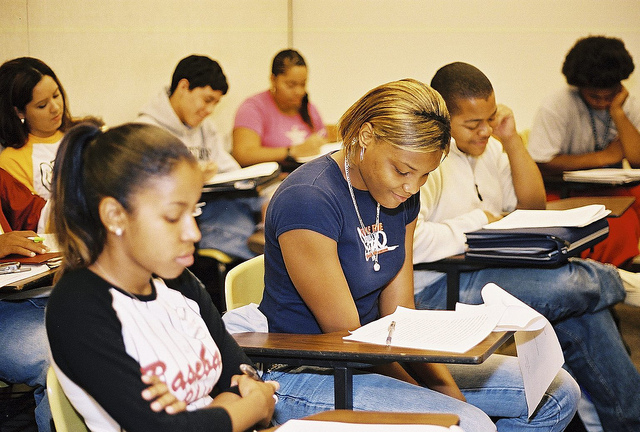

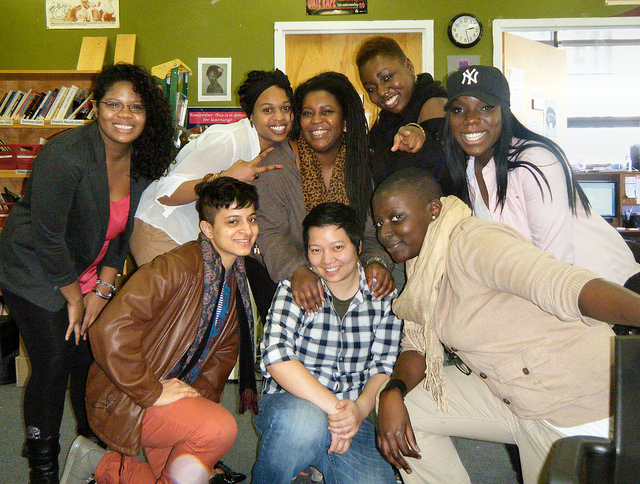
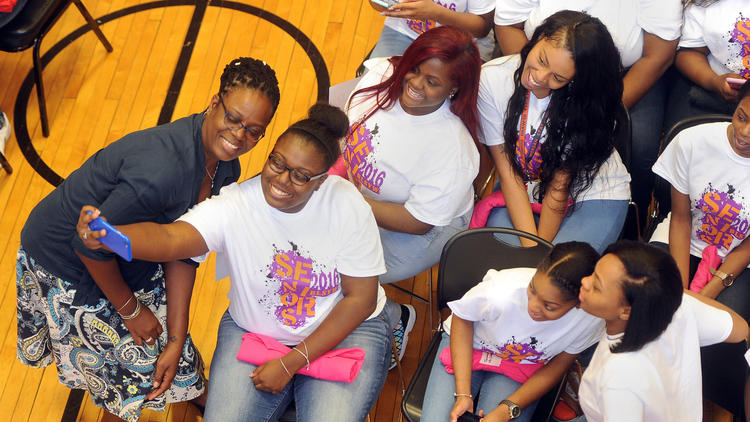
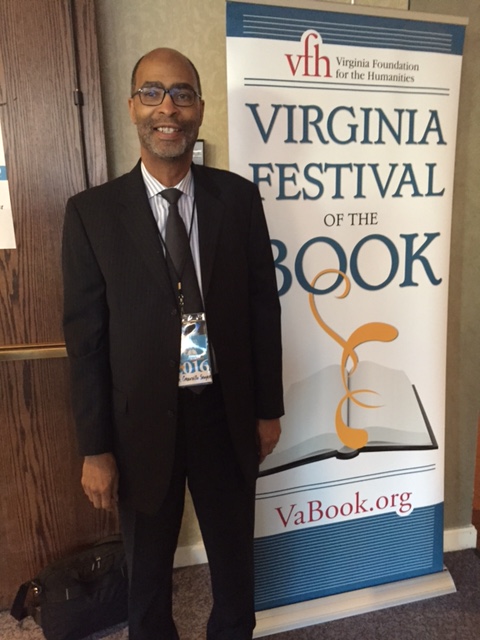
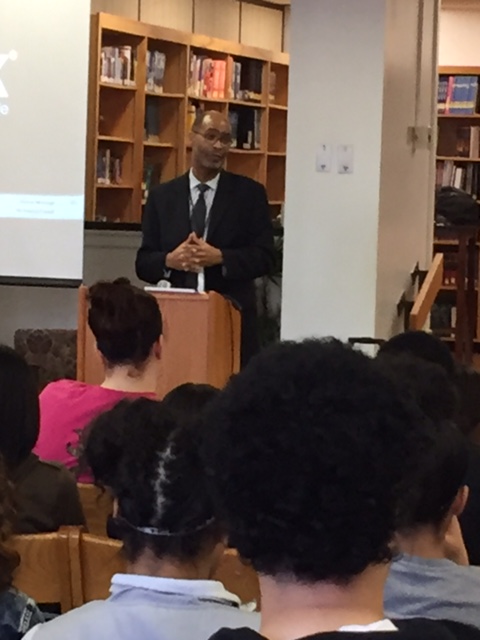

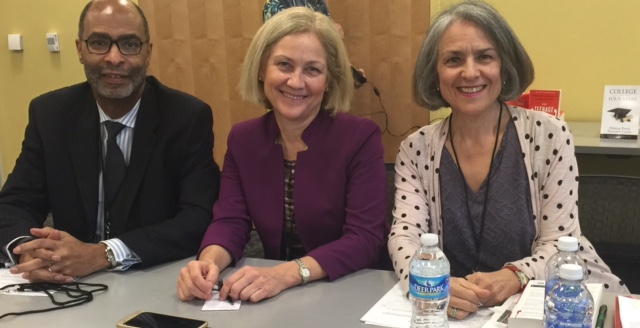

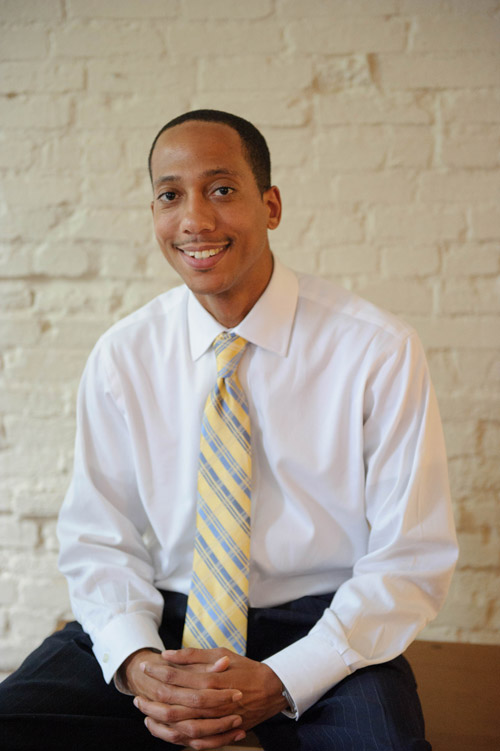 I recently read a report done by the Neilsen Corporation on African American consumers in America which they titled
I recently read a report done by the Neilsen Corporation on African American consumers in America which they titled 